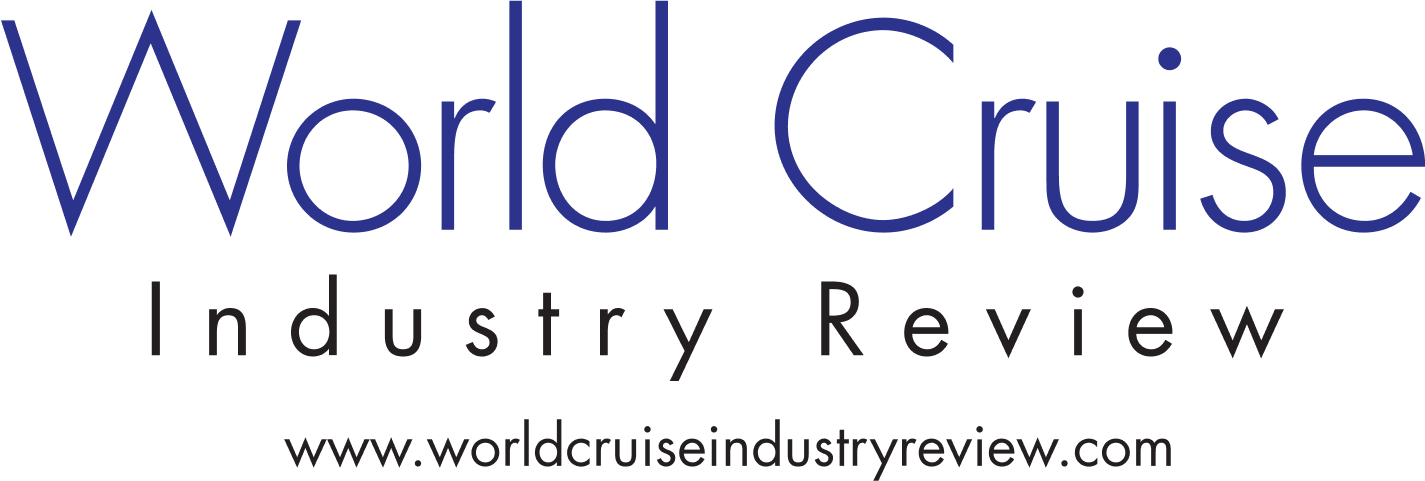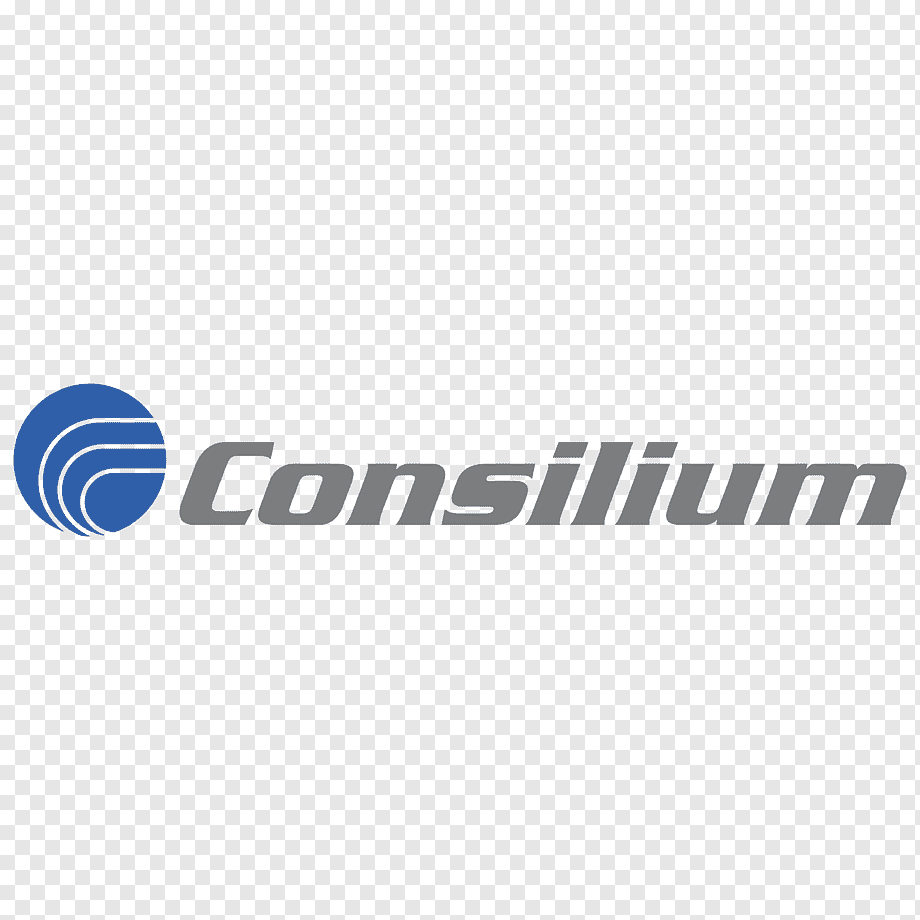While stringent new regulations ensure the quality of fire-detection systems on modern cruise ships, older vessels still face substantial risks. Jerry Lindskog, global sales manager at Consilium, discusses the importance of reviewing and upgrading fire safety equipment, and the latest detection technologies.
Could you briefly introduce Consilium as a company?
Jerry Lindskog: Consilium is a market leader in marine fire and gas-detection systems. We employ over 450 people in 35 service and sales offices across the globe, and have over a century of business experience behind us. In total, we have fitted more than 29,000 safety systems. Nowadays, every second ship supplied by the yards is equipped with a Consilium system.
How significant a problem are fires on cruise ships?
They’re a major problem. Last year, the Costa Concordia tragedy dominated the headlines, but there were also a number of incidents that involved fires. Cruise ships contain many fire hazards, but the most common starting point is the engine room: often a leaky fuel pipe is to blame, pumping out oil onto another hot surface.
New ships tend to be quite well equipped for dealing with fires. They have access to the latest safety technologies, and tighter building regulations ensure better protection. In the latest ships, for example, all cabins must be equipped with a fire alarm.
But while this is all well and good, some of the older ships in operation are still facing substantial risks, and it is therefore vital that these vessels constantly review their safety standards. We have been working with some of the largest shipowners to help them do this, and to update their systems.
So a lot of your work is focused on upgrading existing ships?
It is. This year, Consilium launched a programme called Enhanced Onboard Safety. We sit down with shipowners and discuss what we can do to help them improve fire safety standards across their fleets.
And what sort of work do you usually carry out as a result?
The key to any effective fire safety system is to have the fastest possible alarm: the quicker a fire is discovered, the quicker action can be taken against it. Consequently, the first thing we normally do is check the location of the existing detectors, especially in the engine room. We also usually increase the number of smoke and infrared flame detectors connected to the sprinkler system, and make sure that as soon as a fire is detected, these sprinklers turn on, because, with some systems, there’s a two-minute delay.
What other technologies do you commonly install on existing ships?
We usually recommend the installation of oil mist-detection equipment, especially in high-risk locations such as the engine room. It’s a separate system that can be integrated with fire-detection systems. We also advocate linking the fire safety equipment with on-board CCTV. That way, when a fire is discovered, the right channel will come up on the security screen monitors, allowing the on-duty engineer to immediately see the problem. This significantly reduces response times.
How easy is it for crews to operate these systems?
Our enhanced on-board safety package offers training on how to use and maintain Consilium fire safety equipment. Not only does this mean crews will be able to respond more efficiently if there is a fire, it also reduces overall costs in the long term.
Do you have any interesting projects in the pipeline?
As well as supplying systems to cruise ships, we supply merchant fleets, and have been selected to supply fire-detection systems to 20 of the world’s largest container vessels: Maersk Line’s new Triple-E class. These ships are 59m wide, 400m long and 73m high. We will be installing our Salwico Cargo system, which for these vessels will include 340 loop units.


